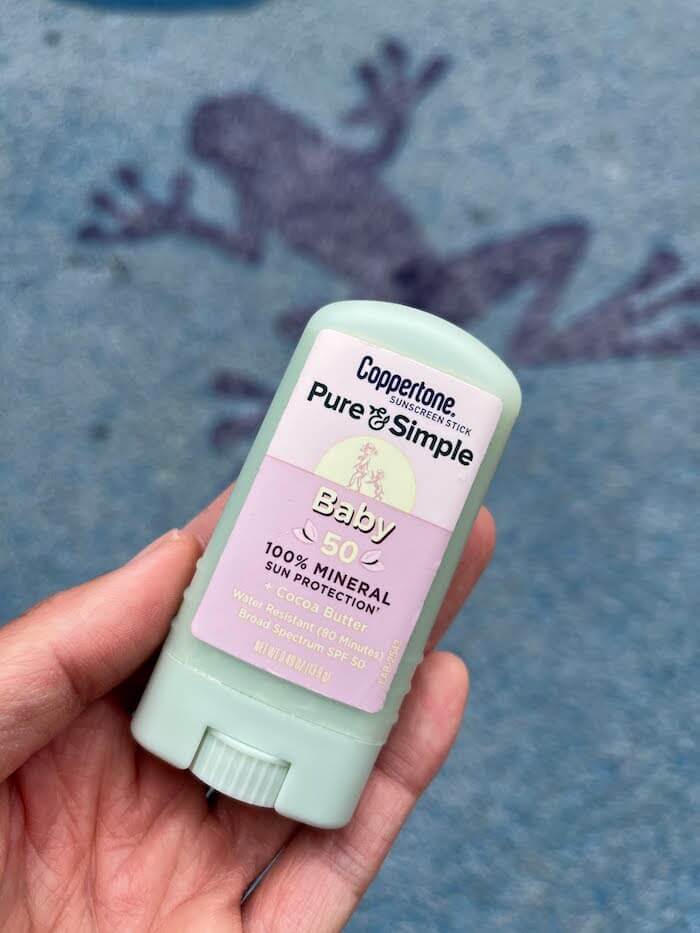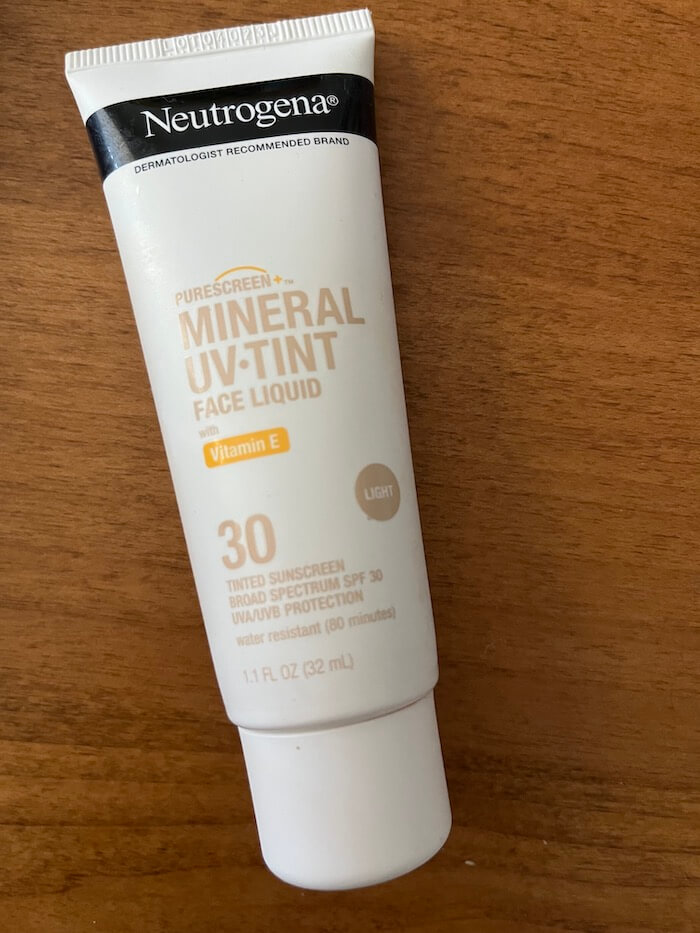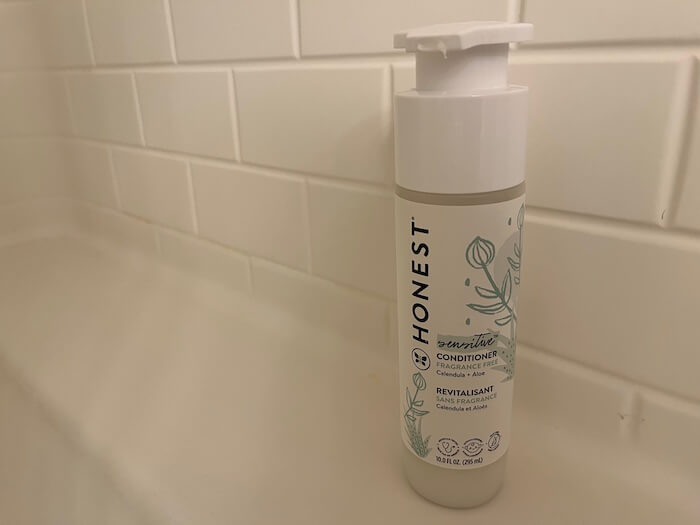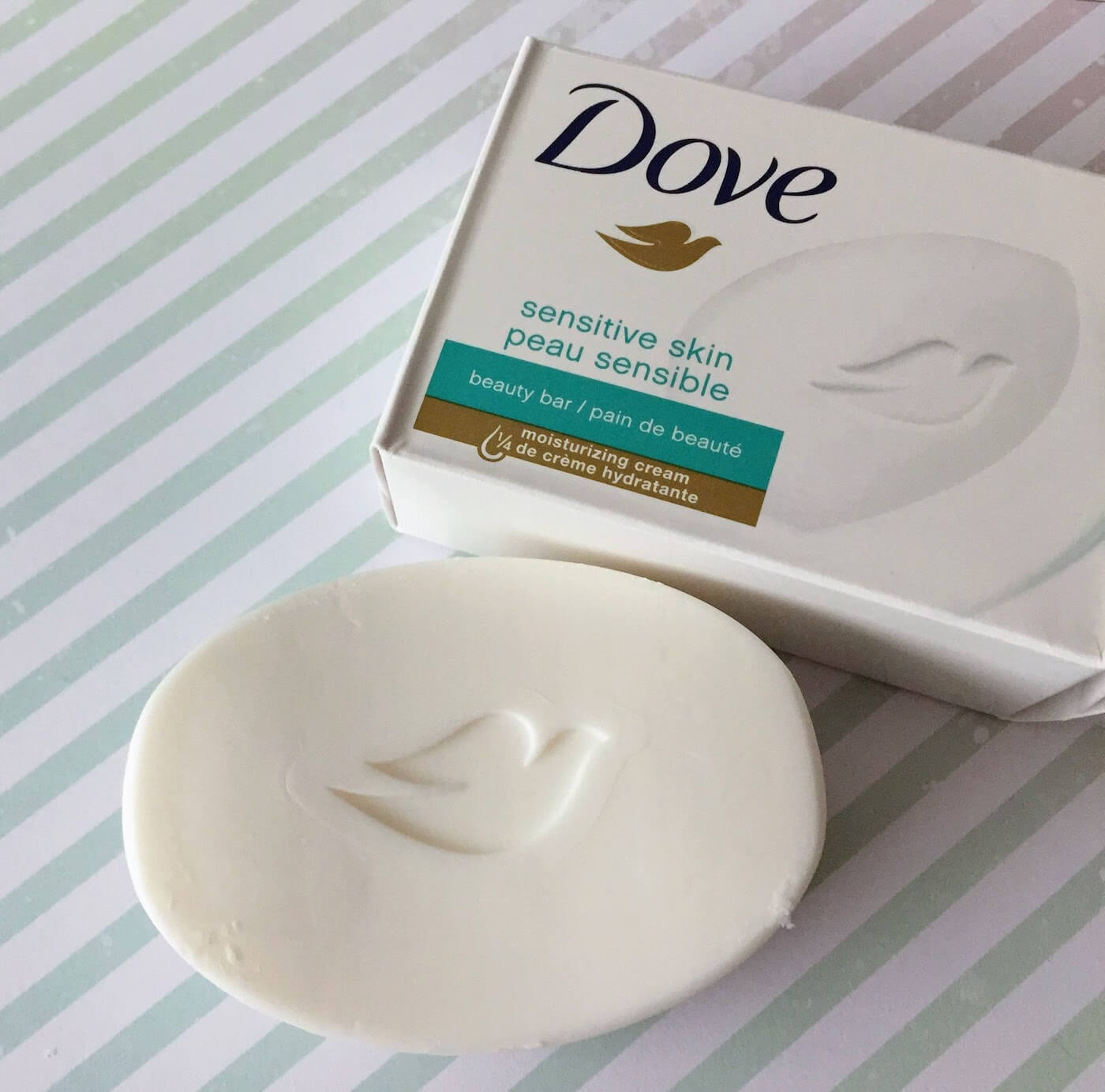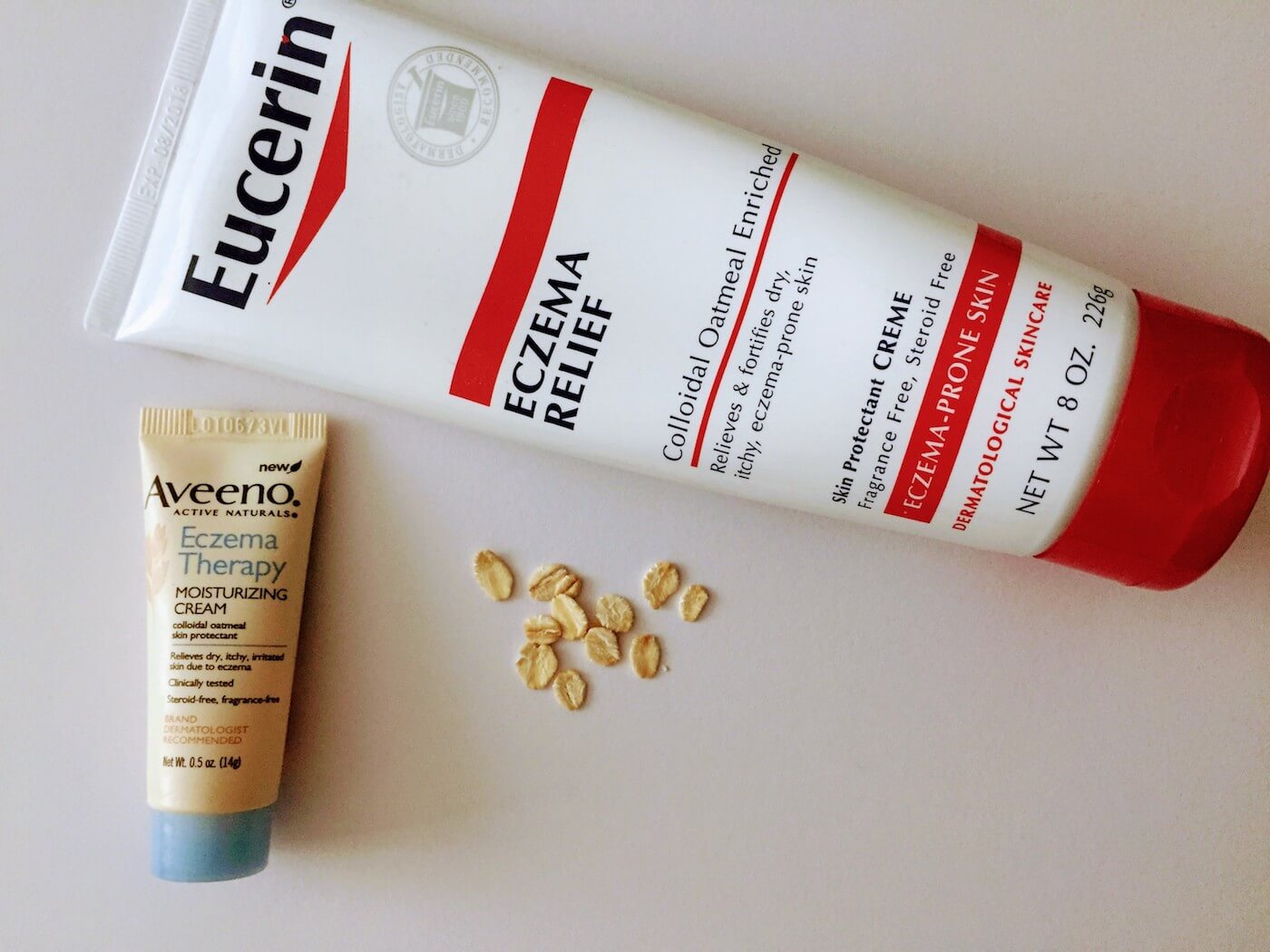Olive oil in skincare: Is it good or bad?
Evaluating natural ingredients is just as important as learning about synthetic ingredients. Researchers have found that olive oil damages the skin's moisture barrier, and that it is may not be a good choice for eczema patients.
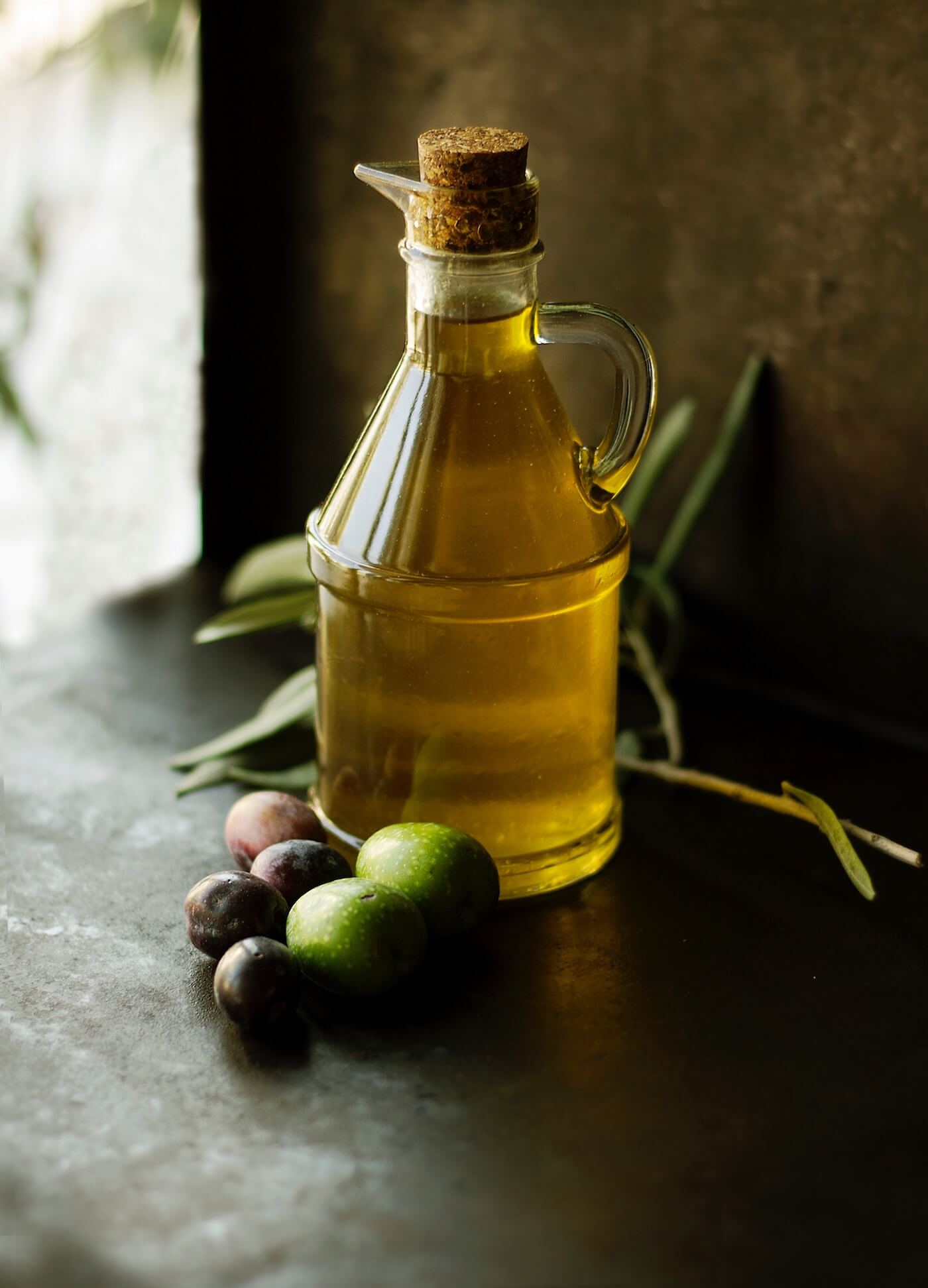
I recently started reading the National Eczema Association’s blog, which is a great resource for people who deal with eczema in their everyday lives. Many of the contributors are medical professionals who really know their stuff. Today I’m going to share something I learned from this article: “…olive oil can disrupt the skin’s natural barrier when used as a moisturizer. This is likely because it contains irritating fatty acids such as oleic acids.”
